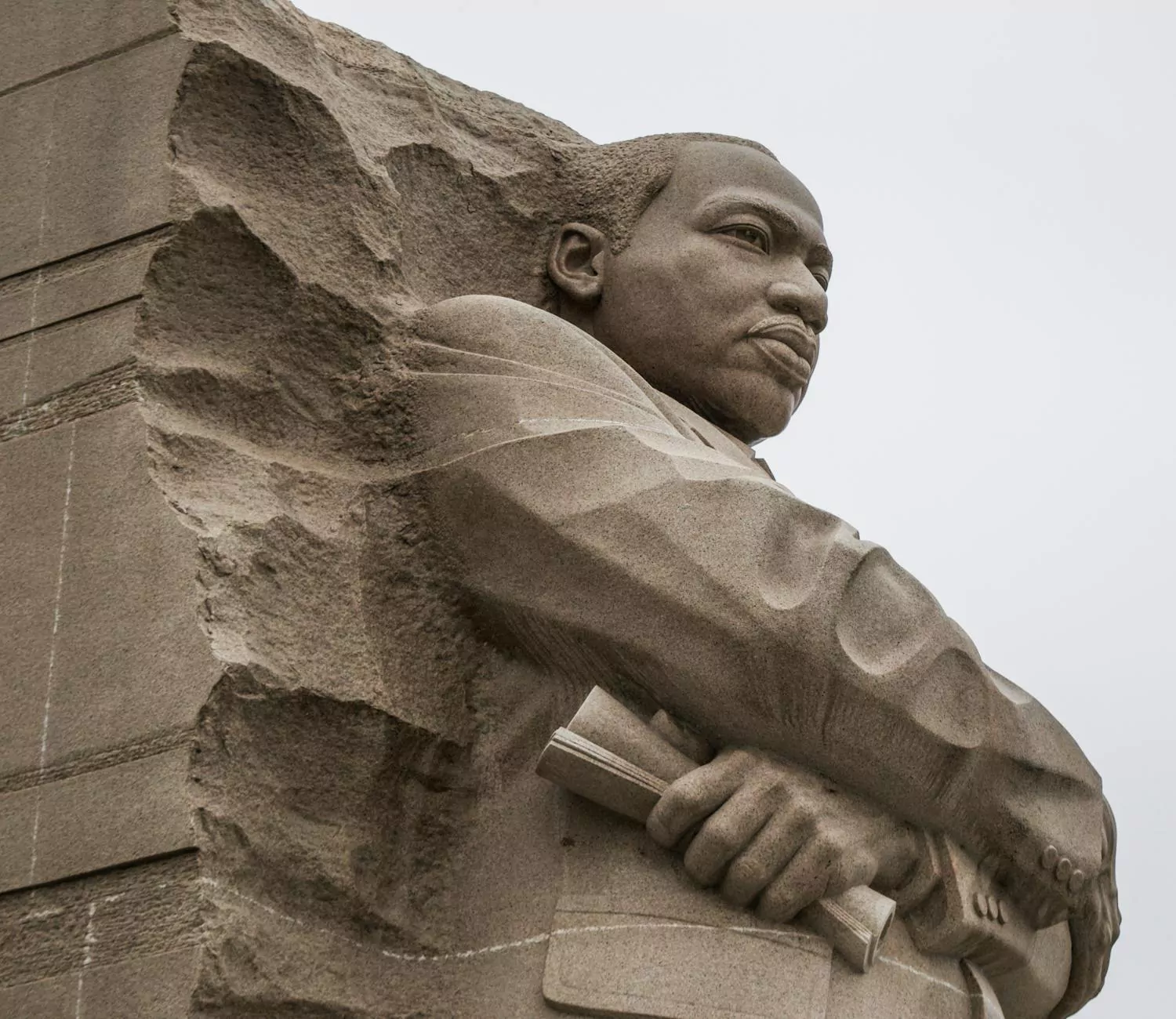Dr. Martin Luther King, Jr.: A Review of Periods 1 and 2
Resources
Introduction
Welcome to Haven Family Resource Center's comprehensive review of Dr. Martin Luther King, Jr.'s life during Periods 1 and 2. In this article, we will dive into the details of Dr. King's journey, his contributions, and the impact he made on society during these periods.
Early Life and Education (Period 1)
Dr. Martin Luther King, Jr., was born on January 15, 1929, in Atlanta, Georgia. Growing up in a family deeply rooted in church and community, Dr. King exhibited leadership qualities from a young age. His father, Reverend Martin Luther King, Sr., played an influential role in shaping his son's character and values.
King excelled academically, skipping the ninth and twelfth grades before enrolling at Morehouse College at the age of 15. As a student, he delved into various subjects, including philosophy, history, and theology. These academic pursuits laid the foundation for his later activism.
Rise to Prominence (Period 2)
During Period 2 of Dr. King's life, his rise to prominence began with his involvement in the Montgomery Bus Boycott in 1955. This pivotal event marked the beginning of his active role in the Civil Rights Movement, advocating for racial equality and justice.
Through nonviolent protests and civil disobedience, Dr. King captured the attention of the nation, becoming a key figure in the fight against racial segregation. He believed in the power of love, peace, and unity to bring about social change, and his eloquence as a speaker moved hearts and minds.
Significant Accomplishments (Period 2)
During this period, Dr. King's visionary leadership led to significant accomplishments and milestones. One of the notable achievements was the organization and delivery of the historic March on Washington in 1963. It was at this event that Dr. King delivered his legendary "I Have a Dream" speech, which remains an iconic symbol of hopes and aspirations for equality.
Dr. King's efforts also played a crucial role in the passing of the Civil Rights Act of 1964, which outlawed discrimination based on race, color, religion, sex, or national origin. His tireless work and dedication helped lay the foundation for a more just society.
Legacy and Impact
The legacy of Dr. Martin Luther King, Jr. continues to shape the world today. His commitment to nonviolence, equality, and justice transcends time and inspires generations. His advocacy led to advancements in civil rights, and his philosophies continue to resonate with individuals fighting for social change.
Dr. King's tragic assassination on April 4, 1968, shocked the nation and deeply impacted the Civil Rights Movement. However, his powerful message lives on, reminding us of the importance of standing up against injustice and working towards a more inclusive and equitable society.
Conclusion
In conclusion, Dr. Martin Luther King, Jr.'s life during Periods 1 and 2 was marked by remarkable achievements, unwavering dedication, and a profound impact on society. Haven Family Resource Center recognizes the significance of Dr. King's contributions and aims to honor his memory by promoting equality, justice, and compassion within the community and society as a whole.










